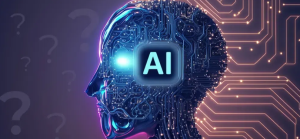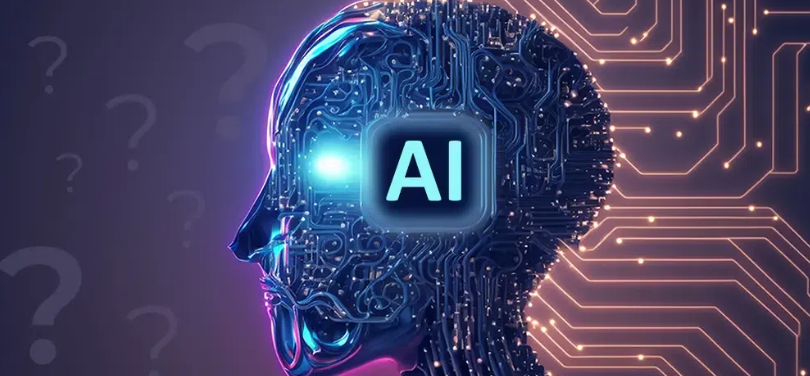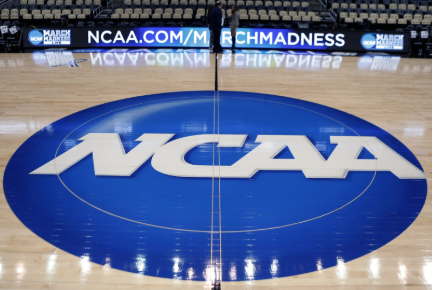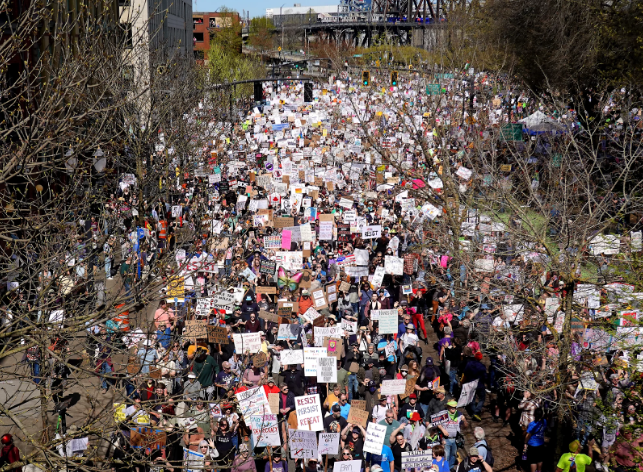Artificial intelligence (AI) is transforming industries worldwide, however its rapid growth has sparked political debate over what, or if any restrictions should be placed. With AI increasingly influencing modern society, concerns have been raised about its potential misuse. In recent years, AI-generated deep fakes, misinformation, and automated political ads have influenced public opinion, pushing lawmakers to implement stricter regulations.
As a result, lawmakers have to consider whether AI-generated content should be subject to the same disclosure rules as traditional political ads. Critics argue that voters have the right to know when they are being targeted by AI-driven content, especially when this content may misinform or mislead them.
Major tech firms, including OpenAI and Google, are lobbying for balanced regulations that protect innovation while preventing AI-related threats to democracy. Proponents argue that ensuring AI content is clearly labeled is crucial to preserving the integrity of democracy. As a result, political leaders are debating how to regulate AI, or if any regulations should be enforced at all.
Former President Biden issued The Safe Secure and Trustworthy Development and Use of Artificial Intelligence Act while in office, which focused on ensuring that AI systems are developed and deployed responsibly. This included required safety testing, ethical standards, and other restrictions that administration deemed necessary.
When President Trump took office, he issued an executive order revoking Biden’s AI policies. The new directive aimed to eliminate perceived barriers to AI innovation, arguing that previous regulations hindered U.S technological advancement and competitiveness.
This order outlined several key actions, such as a mandatory review of policies that could impede AI development, the establishment of a 180-day timeline for enhancing America’s AI leadership, and the encouragement of market-driven innovation, meaning a deregulated environment to allow AI advancement without extensive government oversight.
Despite differing approaches, both administrations recognize AI’s critical role in maintaining U.S leadership globally, and its potential to drive economic and technological growth. Both have also acknowledged AI’s importance in enhancing national security and modernizing defense capabilities.
The U.S isn’t the only country wrestling with AI regulations. The advancement of AI has become an issue globally. The European Union recently passed the AI Act, which classifies AI systems based on their risk level. High-risk AI, such as facial recognition technology, is strictly regulated, while lower-risk AI, like chatbots, must disclose that they are not human.
China too has taken an aggressive approach to AI control, mandating that all AI-generated content must align with government approved narratives. Critics argue that this suppresses free speech, but China defends the decision as necessary to prevent misinformation and cyber threats to the government.
This radical approach has raised concerns among Western democracies. Some fear that China’s AI strategy could set a precedent for authoritarian regimes to use AI to suppress disagreement and control populations.
These evolving debates indicate that AI’s role in politics, governance, and society is not just a technological issue but a deeply political and ethical one. Balancing innovation with accountability will continue to be a defining challenge for leaders worldwide as they work to ensure AI serves the greater good while safeguarding fundamental rights.




















